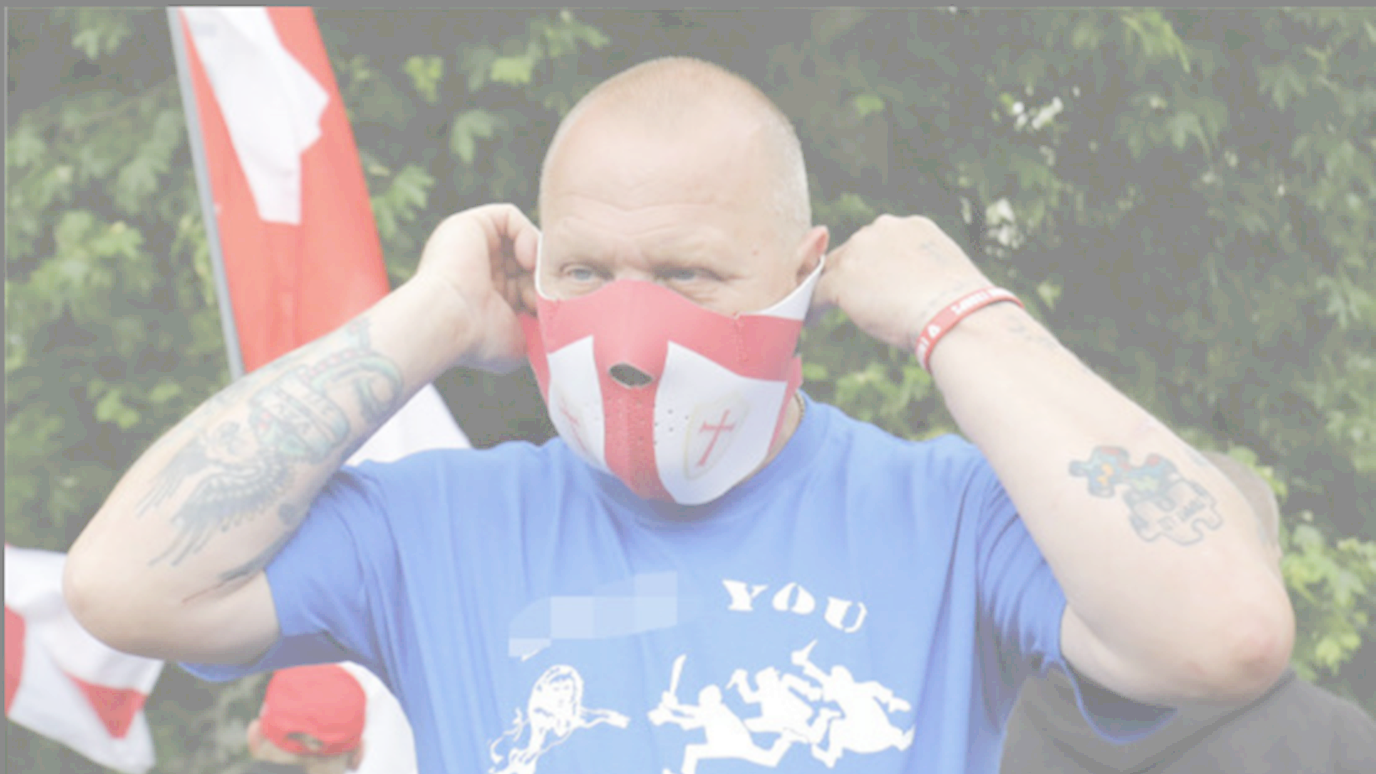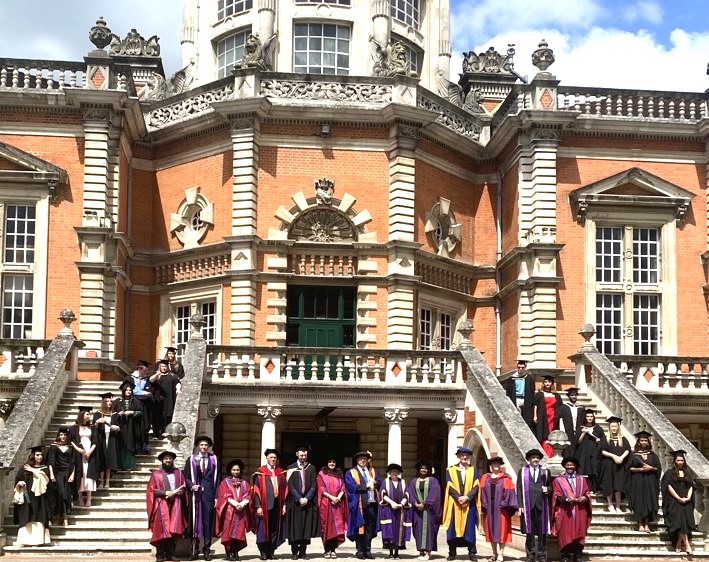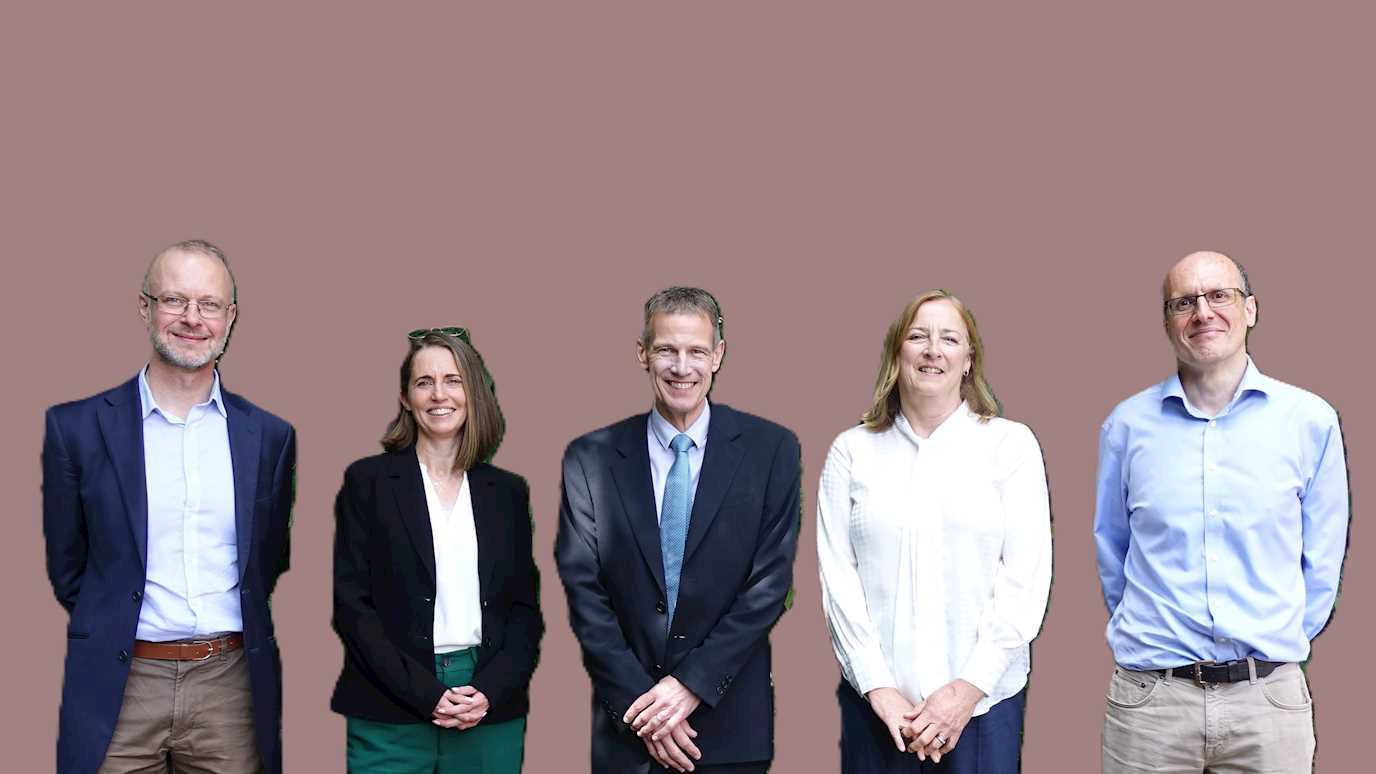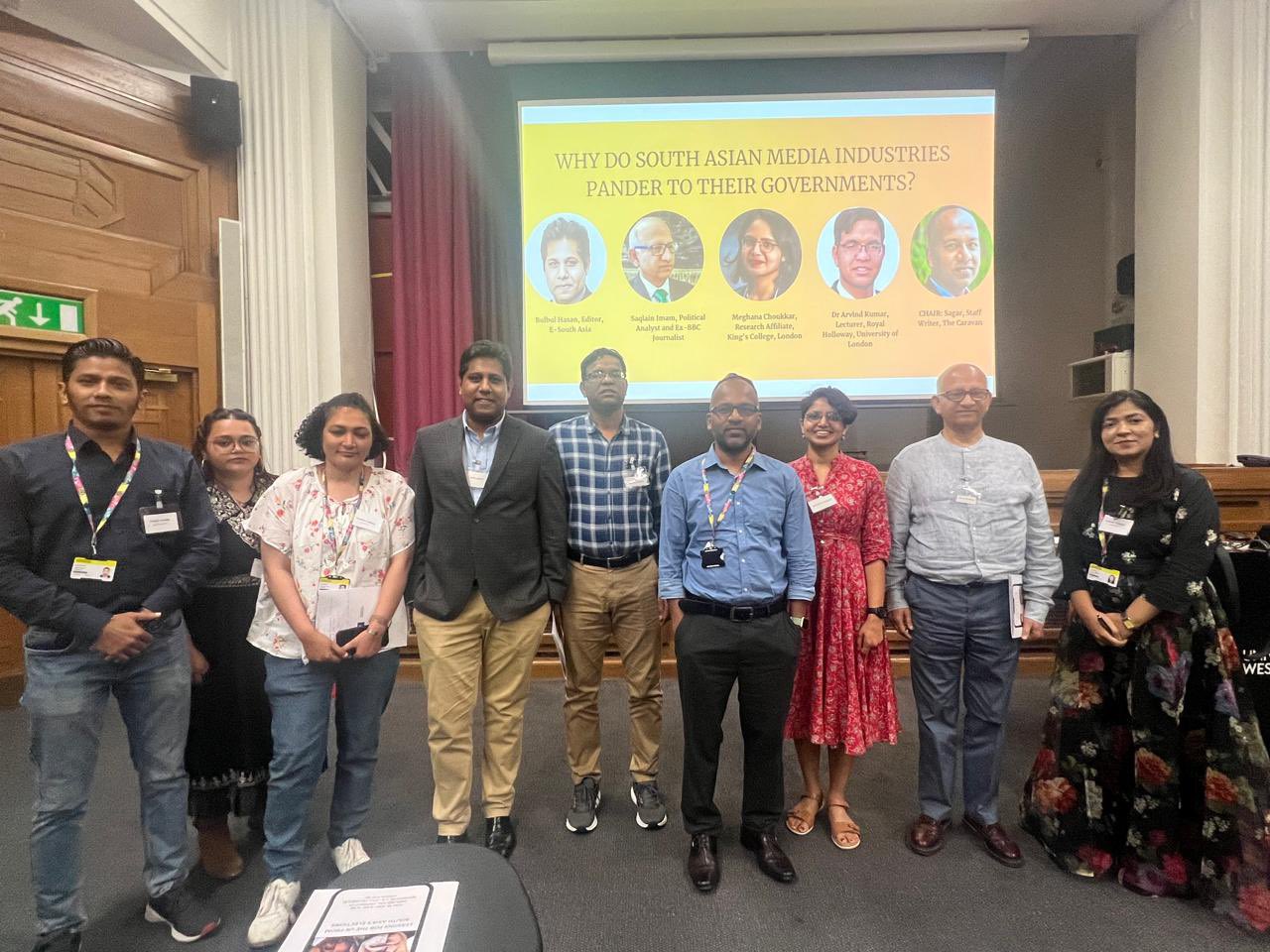Dr Elizabeth Pearson (Lecturer in Criminology) presented ‘Misogyny and Masculinity: Using Gender to Understand Extremism.’ This was the 47th Käte Hamburger Lecture at the German think tank the Centre for Global Cooperation Research, based in Duisburg.

Dr Elizabeth Pearson (Lecturer in Criminology) presented ‘Misogyny and Masculinity: Using Gender to Understand Extremism.’ This was the 47th Käte Hamburger Lecture at the German think tank the Centre for Global Cooperation Research, based in Duisburg.
The rise of populism and the radical right alongside ongoing global recruitment by jihadist groups has seen academics and the media alike note parallels between the two. In particular, the problem of extremism is increasingly understood as a problem of gender, and gender relations. Aggressive misogyny is evident in the rise of the manosphere, the so-called incel movement and new far right groups. Misogyny was also central to the organization of Jihadist groups, who mobilize around a strict gender binary and the separation of men and women.
Based on ‘close-up’ ethnographic research in a UK context, as well as study of transnational Jihadist groups, this presentation explores how and why understanding gender is central to understanding the behaviours, ideologies and alliances of activists in two extreme movements: far right actors, and Islamist groups. Through a gendered analysis, the presentation assesses the misogyny and masculinities that activists in these movements have in common. But it also problematizes assertions that the two movements are mirrored images, different expressions of the same problem. Instead, it emphasizes how thinking about gender and its expression in different groups can help explain the fragmentations and differences between them, as much as what they share.
Dr Aleksandra Dier, UN Women’s Regional Adviser, Women Peace and Security in the Middle East and North Africa was the Discussant for the event.
























